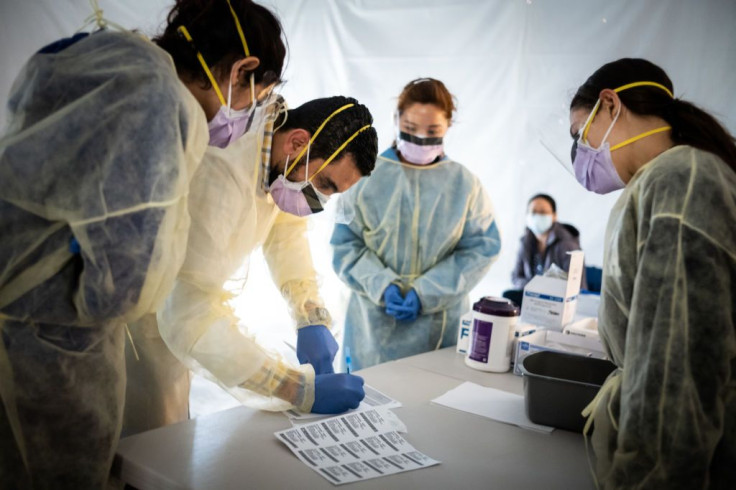Anti-malaria drugs chloroquine and hydroxychloroquine can now be used to treat COVID-19 patients. On Sunday, the Food and Drug Administration issued emergency authorization for the drugs’ use in experimental coronavirus treatments, according to Forbes.
According to the Department of Health and Human Services (HHS), chloroquine and hydroxychloroquine products can now be distributed and prescribed by doctors via the Strategic National Stockpile. The drugs can be administered “to hospitalized teen and adult patients with COVID-19, as appropriate, when a clinical trial is not available or feasible.”
The Strategic National Stockpile, the government’s inventory of medicines for public health emergencies, just received a million doses of chloroquine as a donation by Bayer. Sandoz, a pharmaceutical firm based in Germany, also donated 30 million doses of hydroxychloroquine.
Both chloroquine and hydroxychloroquine are anti-malarial drugs approved by the FDA, according to Scientific American. They are also used to treatment of rheumatoid arthritis and lupus although the FDA has not approved them for these purposes.
During the MERS outbreak in 2012, several drugs were tested and some showed the “ability to block coronaviruses from infecting cell in vitro.” When the novel coronavirus appeared last year, some of the drugs that showed promising results against the MERS and SARS coronaviruses were reevaluated as potential treatment options for the NCOV-19. One of these drugs is the chloroquine.
There is no consensus yet as to how chloroquine and hydroxychloroquine might be able to stop the virus’ spread. One hypothesis is that they can change the “acidity at the surface of the cell, thereby preventing the virus from infecting it.” Another hypothesis is that they might “help activate the immune response.”
The HHS explained that FDA’s emergency authorization was issued on the basis that potential benefits outweigh the drug’s risks. HHS cited that there are “anecdotal reports suggest that these drugs may offer some benefit in the treatment of hospitalized COVID-19 patients.” However, it also warned that “clinical trials are needed to provide scientific evidence that these treatments are effective.”
The CDC warned that people should not take nonpharmaceutical chloroquine phosphate on their own as it can cause serious health issues. The drugs must be taken under the supervision of a qualified healthcare provider.

© 2025 Latin Times. All rights reserved. Do not reproduce without permission.



